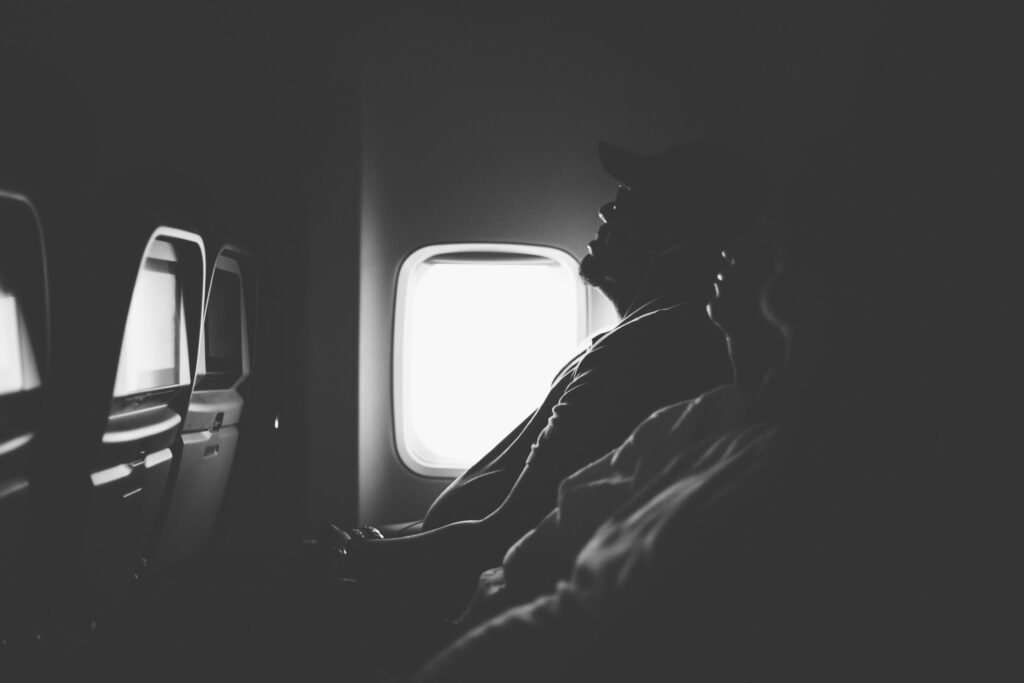Traveling across time zones can wreak havoc on our sleep patterns, leading to jet lag and disruptions in our usual sleep routine. A recent study conducted by researchers at the Center for Sleep and Cognition at the NUS Yong Loo Lin School of Medicine in collaboration with ŌURA shed light on the impact of travel-related sleep disruption. The study, titled “Insights about Travel-Related Sleep Disruption from 1.5 Million Nights of Data,” was published in the journal SLEEP on March 24, 2025.
The researchers analyzed the sleep patterns of individuals during 60,000 trips spanning over 100 kilometers, using 1.5 million nights of de-identified data from the Oura Ring. This study is the first large-scale, real-world investigation into jet lag recovery, providing valuable insights into how our sleep is affected by traveling across time zones.
Lead researcher Adrian Willoughby, a Senior Research Fellow at NUS Medicine, highlighted the persistent impact of jet lag on sleep timing and structure. While sleep duration may return to normal within a couple of days post-travel, adjustments in sleep timing and architecture can take longer to realign. This disruption is exacerbated when traveling eastward and crossing multiple time zones.
Jet lag is not only caused by the time difference but also by factors such as early wake-up times to catch flights and disrupted sleep on overnight journeys. These disturbances can lead to impaired performance and increased daytime sleepiness, affecting our overall well-being during travel.
The study revealed that while sleep duration may recover relatively quickly, changes in sleep timing and structure, such as increased nighttime awakenings, can persist for over a week. Eastward travel, especially for shorter trips, was found to have a more severe impact on sleep patterns. Longer journeys, regardless of direction, resulted in disruptions to habitual sleep patterns, with recovery taking more than a week in some cases.
Interestingly, the study found minimal differences in travel-related sleep disruption between men and women. However, older travelers appeared to experience slightly less impact, with younger individuals showing a greater reduction in sleep duration post-travel.
One of the notable aspects of this study was the measurement of habitual sleep patterns before and after travel, providing a comprehensive understanding of how jet lag affects individuals over time. Wearable devices like the Oura Ring offer valuable insights into tracking health behaviors on a large scale, allowing travelers to assess their sleep patterns compared to the general population.
Future research will focus on identifying lifestyle factors that may influence the recovery of sleep disruption post-travel, as well as exploring strategies such as light exposure and melatonin ingestion to aid in adjusting to new time zones.
In conclusion, jet lag can have a lasting impact on our sleep patterns when traveling across time zones. By understanding the nuances of travel-related sleep disruption, we can better prepare for and mitigate the effects of jet lag on our overall well-being.


